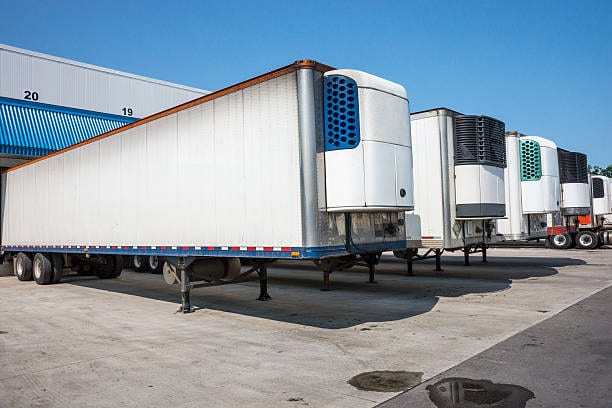The transport sector is under considerable pressure to increase fuel efficiency. While CO2 emissions are falling in many other sectors, transport emissions are expected to rise in the future. Shipping currently accounts for about 3% of global CO2 emissions, but its share is expected to grow as a result of increased transportation, in combination with difficulties in implementing effective fuel efficiency measures and replacing fossil fuels.
One of the main problems dealing with refrigerated containers storage and transportation is the high level of energy consumption. For example, about 20% of the energy needed to transport food in refrigerated containers is used for refrigeration. In addition to actual transportation costs, the greatest share of electricity in container terminals seems to be consumed by refrigerated containers for cooling (up to 40%).
The use of new technology can significantly reduce the energy consumption of refrigerated containers without interfering in the design of the container box or refrigeration unit and without changing its operating mode.
The Organisation for Economic Co-operation and Development (OECD) OECD delegation’s submission to the International Maritime Organization (IMO) recommends numerous measures including:
Requiring that all new ships entering the fleet be at least 60% more efficient than the EEDI baseline by 2030 (50% for container ships).
Implementing an operational efficiency standard to ensure that ships still in use in 2030 are nearly 20% more efficient than the EEDI baseline (around 15% for container ships).
Developing and adopting a CO2 pricing system for maritime fuels.
The simple application of Zenova IP as an insulating barrier inside refrigerated compartments of all manner of commercial vessels will effectively help the marine transport industry move towards these lofty efficiency goals, all while reducing the costs associated with refrigerated shipping.


